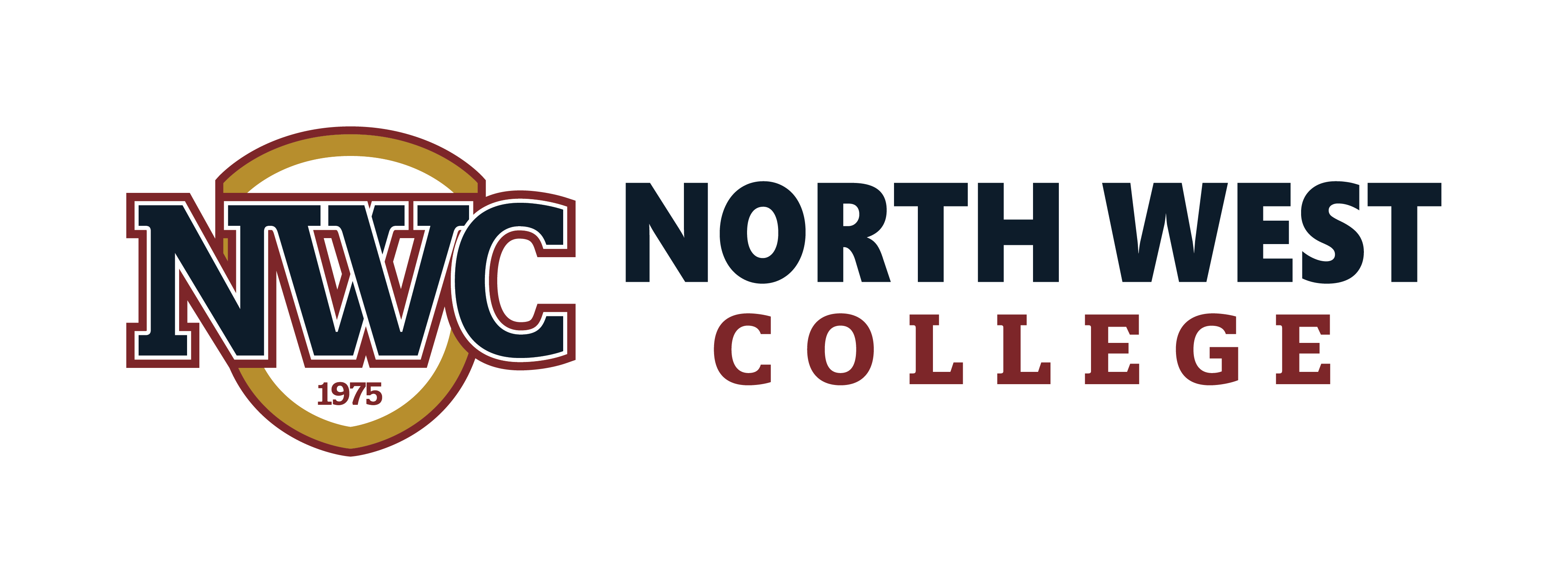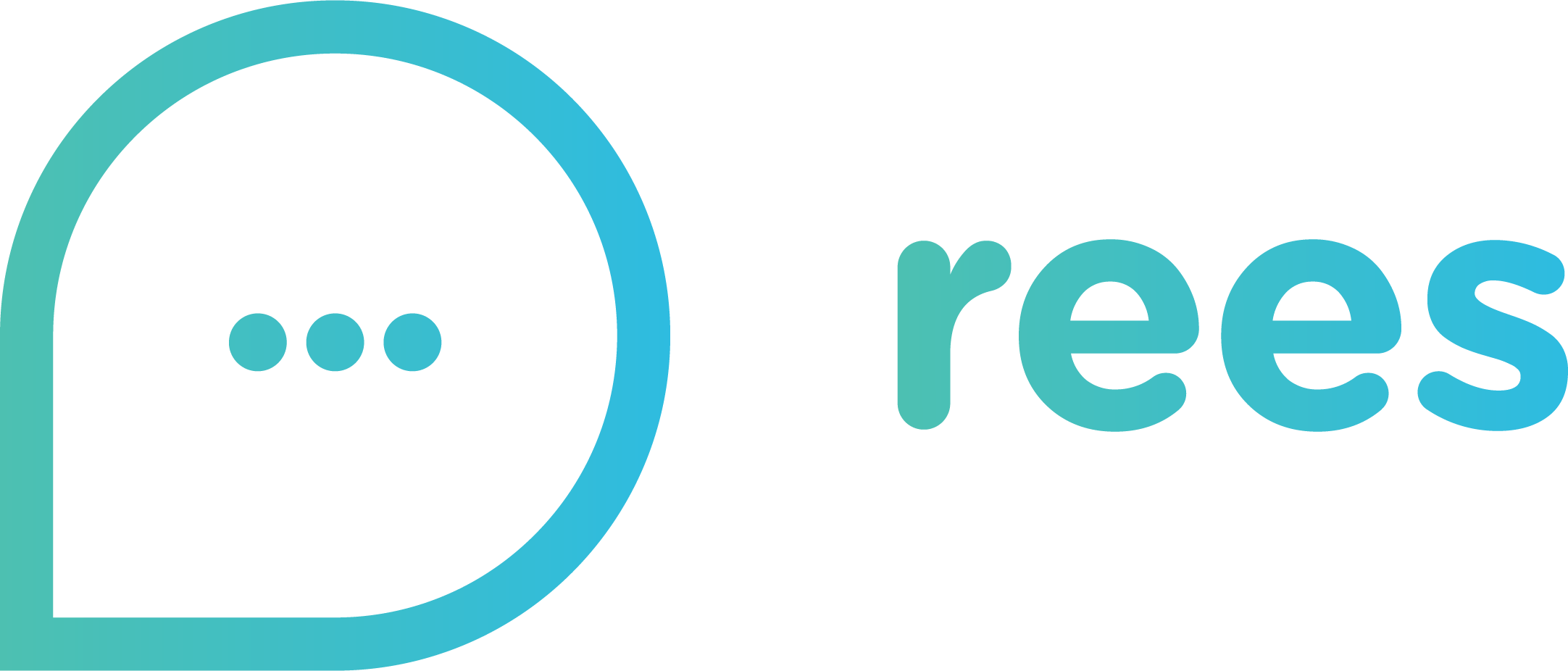Heavy Equipment & Truck & Transport Technician- Certificate - Fall 2025 2025-2026
Overview
This program gives you basic training in two high-demand mechanical trades at once. Heavy duty equipment technicians work on large mobile equipment—bulldozers, cranes, graders, loaders and earthmovers used in construction, mining, forestry and more. Truck and transport mechanics work on trucks, buses and highway transport vehicles for dealers, garages and transportation companies.
Build the knowledge and skills you need to service, maintain, diagnose and repair heavy equipment, trucks, buses and transport vehicles. You’ll get training in:
- air conditioning and heating systems
- brake, steering and suspension systems
- electrical and hydraulic systems
- engines, fuel systems and power trains
- equipment operation and maintenance
- trade math and blueprint reading
- use of shop equipment and tools
- welding
Graduates will receive training for levels one and two of the apprenticeship for the Heavy Duty Mechanics and Truck and Transport Mechanics. NWC has an excellent lab, fitted with the latest equipment including computer simulation technology, giving our student the best training possible.
Meadow Lake Campus
Sep 8th, 2025 - May 29th, 2026 Full-time
Weekdays : 09:00am to 04:00pm
Tuition: $22200.00 (subject to change)
Application Fee of $150.00
Admission Requirements
*Grade 11
*English language requirement
*Foundations of Math 20, OR Pre-Calculus 20 OR Workplace and Apprenticeship Math 20 (Modified and General Math credits are not acceptable).
**The following equipment must be purchased by students through a vendor of their choice:
- Steel toed boots
- work gloves
- coveralls
- safety glasses
Special Admissions:
Applicants who do not possess the academic qualifications for a program may be admitted if evidence of probable success can be established through a special admission assessment. Interested individuals should still apply. Applicants are automatically considered for special admission.
Courses
-
Brake Systems Air theory
You will study the design, operation and service recommendations for air operated systems. Air operated anti-lock braking systems will be covered. Traction and stability control systems will also be covered.
-
Brake Air Systems Shop
You will service, repair and test air activated foundation brake systems. Park brake systems of various designs will be evaluated. Anti-lock, traction, and stability control systems will be analyzed.
-
Brake Systems Hydraulic Theory
You will study the design, operation and service recommendations for hydraulic brake systems. Hydraulically operated anti-lock braking systems will be covered. Traction and stability control systems will be discussed. You will also learn about electric braking systems.
-
Brake Systems Hydraulic Shop
You will service, repair and test hydraulically activated foundation brake systems. Park brake systems of various designs will be evaluated. Air-lock, traction, and stability control systems will be analyzed. Electric brake systems will be serviced and repaired.
-
Electrical Basics Theory
You will study the fundamentals of electricity and magnetism, Ohm’s law and the use of analog and digital meters. Various faults and their effects on circuit operation will be discussed. You will study battery construction, operation, as well as testing and servicing procedures.
-
Electrical Basics Shop
You will practice diagnosing faults in electrical circuits using digital meters. Wet cell batteries will be tested and serviced as required.
-
Diesel Engines Theory
You will study the theory of operation and learn how to service and maintain the diesel engine and its support systems. This includes cooling, lubrication, mechanical and electronic fuel injection (low pressure side), emission, and air induction and exhaust systems. You will study testing, diagnosing and repair and rebuilding procedures. You will also learn how to remove and install engines.
-
Diesel Engines Shop
You will study the theory of operation and learn how to service and maintain the diesel engine and its support systems. This includes cooling, lubrication, mechanical and electronic fuel injection (low pressure side), emission, and air induction and exhaust systems. You will study testing, diagnosing and repair and rebuilding procedures. You will also learn how to remove and install engines.
-
Environmental Control Systems
You will become familiar with the Heating, Refrigeration and Air Conditioning Institute’s program on environmental awareness regarding Ozone Depleting Substances. You will complete the Canada's Ozone Layer Protection Awareness Program for Air Conditioning and Refrigeration System. This will certify you to legally to service and maintain air conditioning systems on mobile equipment.
-
Hydraulics Basics Theory
You will study the basic hydraulic principles of flow and pressure, system and component operation and maintenance procedures. You will also learn to interpret symbolic diagrams to determine system operation.
-
Hydraulic Basics Shop
You will disassemble, inspect, measure, assemble, adjust and test hydraulic pumps, valves and motors on a test stand. You will disassemble and repair hydraulic cylinders from live machines or shop models. You will work with common types of hydraulic fittings and adaptors, and practice installing hose ends, flaring and bending tubing.
-
Introduction to Indigenous Studies
You will receive an introduction to the Indigenous cultural groups within Saskatchewan. You will learn about the colonization of Indigenous peoples by the Canadian state. Your studies will help you discuss current issues and explore possible solutions.
-
Essential Job Skills
You will develop essential job skills by preparing job search documents and practicing effective interpersonal communication skills for the workplace.
-
Structural Components Theory
You will cover preventative maintenance programs on both highway and off road equipment. On highway power unit frame and suspension systems as well as docking and coupling systems will be covered. Roll-over protective structures (ROPS) and falling object protective structures (FOPS) will be covered as they pertain to heavy equipment.
-
Structural Components Shop
You will perform preventive maintenance procedures on both off road and on highway equipment. Various hitching and docking systems will be analyzed. Highway tractor frames and suspensions will be inspected. Operator protection systems on heavy equipment will be inspected and repaired.
-
Trade Mathematics
You will learn mathematical concepts commonly used in your trade. After reviewing basic arithmetic and basic equations, you will solve various algebra problems as applied to your trade. You will perform Imperial and Metric conversions, and calculate the perimeter, area and volume of many common shapes, as well as use Pythagorean theorem.
-
Steering Systems Theory
You will focus on basic steering geometry and wheel alignment angles, wheels and tires and tire balancing.
-
Steering Systems Shop
You will service steering system components and perform a wheel alignment. You will also remove and replace a wheel assembly. Also covered will be hub removal and installation using industry approved procedures. Tire removal, replacement and balancing will also be covered.
-
Basic Tools Theory
You will learn to identify, use and maintain hand tools and shop equipment. You will learn to read and use various measuring instruments and the proper method of sawing, filing, drilling, thread cutting, tool sharpening, and layout procedures. You will also learn to identify and use threaded fasteners and fittings, chemical fasteners and sealants. The course content includes safety rules, basic firefighting techniques and Occupational Health and Safety (OHS) and Workplace Hazardous Materials Information Systems (WHMIS) regulations.
-
Basic Tools Shop
You will use and maintain hand tools and shop equipment. You will use various measuring instruments and perform sawing, filing, drilling, thread cutting, tool sharpening and layout procedures. You will use threaded fasteners and fittings, chemical fasteners and sealants. You will demonstrate safety rules and Occupational Health and Safety (OHS) and Workplace Hazardous Materials Information Systems (WHMIS) regulations.
-
Work Experience
You will participate in a work placement to further your understanding of workplace employer needs. You will become familiar with the industry and gain practical experience in the workplace.


